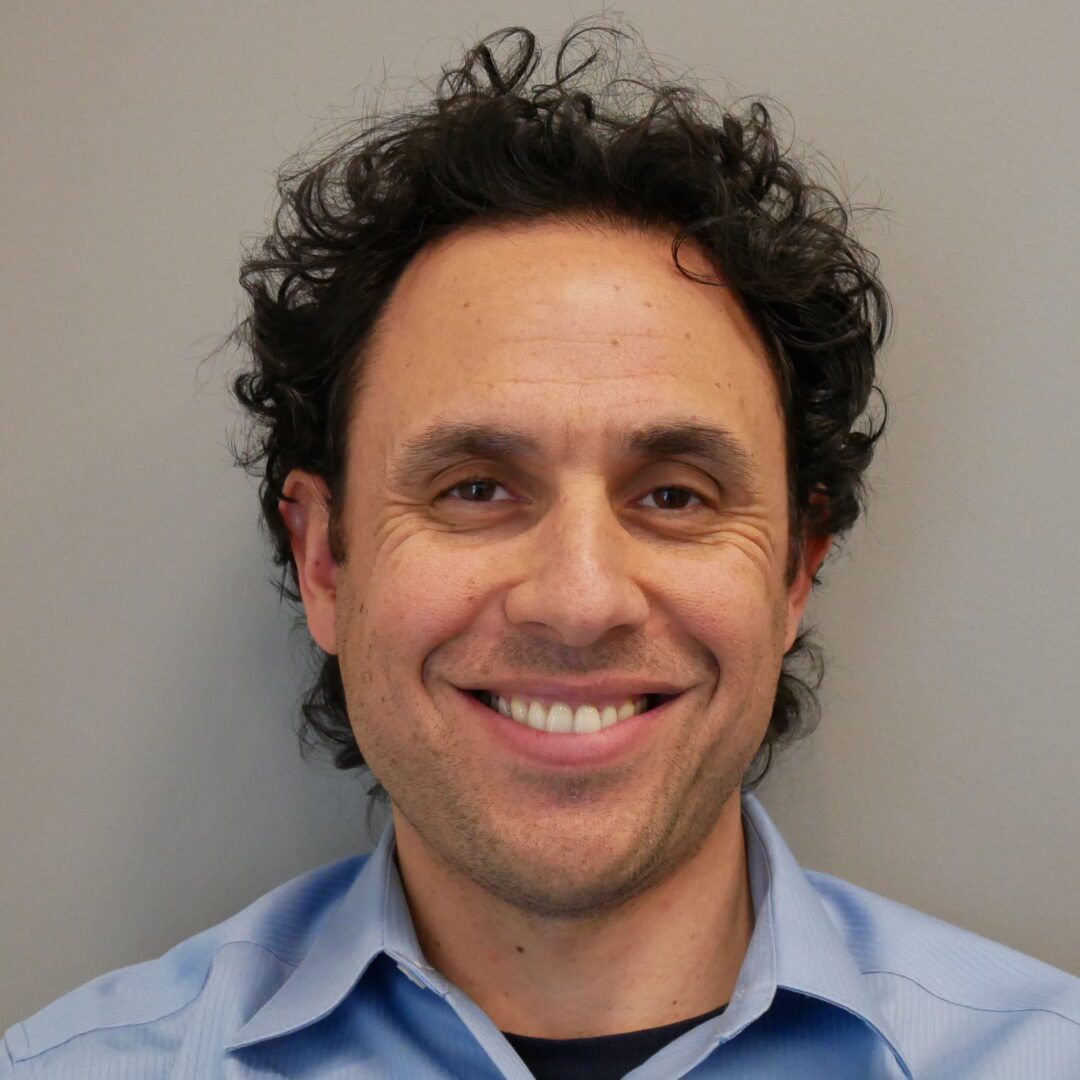
Palo Alto’s Jewish Community Center: Heating and cooling in newer, cleaner ways
The Center's energy efficient operation is helping Palo Alto realize its greenhouse gas emissions goals for businesses and residents.
The Oshman Family Jewish Community Center (OFJCC) in Palo Alto has 320 kilowatts of rooftop solar, but that’s not its most innovative sustainability feature. The complex of 192 condo units, fitness center, child care center, and community meeting spaces uses a series of water source heat pumps to cool indoor spaces with less energy than a conventional air conditioning system. In a typical commercial building, space heating and cooling systems consume about 40% of the site’s energy. For those looking to make their buildings more efficient and reduce their site’s carbon footprint, water source heat pumps are a great place to start.
How the technology works
The OFJCC’s water source heat pump functions like a reverse air conditioner. Instead of blowing cold air into a room, the system removes the room’s hot air. A series of heat pumps transfer heat from the air to circulating water then deposit the warm water into a large central tank. The system is designed to maintain the water tank’s temperature between 70 and 90 degrees. On warmer days, when the water temperature in the tank rises to 95 degrees, the system automatically sprays water out of the tank to dissipate heat. If after five minutes the system does not cool down, fans automatically turn on to speed up evaporation. In moderate climates like Palo Alto, California, this type of system removes building heat relatively efficiently.

Dramatically lower operating cost and carbon footprint
For those interested in hedging against future rising energy costs, water source heat pumps save money over the life of the building.According to the U.S. Department of Energy, “because they move heat rather than generate heat, heat pumps can provide equivalent space conditioning at as little as one quarter of the cost of operating conventional heating or cooling appliances.” Heat pumps also reduce the carbon footprint of a building or complex, especially in places like Palo Alto where electricity is100% carbon neutral.
Other sustainability building features
At the OFJCC, a Building Information Modeling System monitors and controls temperature and lighting to ensure optimal efficiency. There are also four electric vehicle (EV) chargers on-site that help reduce the site’s transportation carbon footprint. Facility manager Mark Meyers plans to expand the number of EV chargers. He is also considering replacing the diesel backup generator with a Solar Emergency Microgrid, a system where solar photovoltaic panels and a battery system provide backup power in the event of a grid outage.
Supporting local clean energy goals
The OFJCC’s energy efficient operation is helping the City of Palo Alto realize its goal for businesses and residents to reduce the community’s greenhouse gas emissions 15% by 2020 from a 2005 baseline. Further bolstering this goal, and the state of California’s ambitious greenhouse gas emission reduction goals, thePeninsula Advanced Energy Communityinitiative, led by the Clean Coalition with local support, is promoting this and other innovative community projects.
The Peninsula Advanced Energy Community (PAEC) is a groundbreaking initiative to streamline policies and showcase projects that facilitate local renewables and other advanced energy solutions like energy efficiency, energy storage, and electric vehicle charging infrastructure. PAEC will create pathways to cost-effective clean local energy and community resilience throughout San Mateo County and the City of Palo Alto; and beyond. PAEC is a collaboration between the Clean Coalition, the California Energy Commission, Pacific Gas and Electric, and an array of municipalities, emergency response jurisdictions, schools and universities, and corporate entities. For more information, please visitwww.clean-coalition.org/PAEC.

